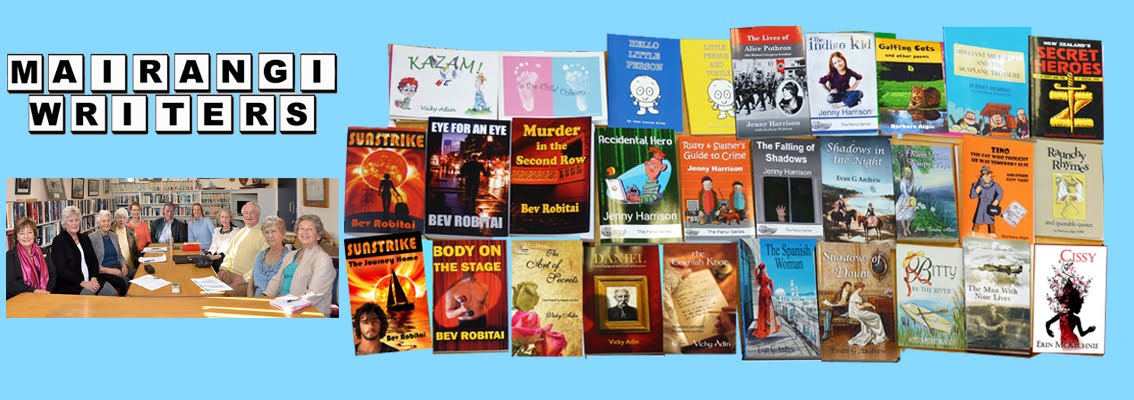BACK
TO BASICS? What do you think?
In the first couple of sentences Wikipedia describes
IMAGINATION (also called the faculty of imagining) as –
‘the ability to form new images and sensations
that are not perceived through sight, hearing or other senses. Imagination
helps make knowledge applicable in solving problems and is fundamental to
integrating experience and the learning process.’ Okay?
‘the form of any work
that deals, in part or in whole, with information or events that are not
factual, but rather, imagery and theoretical – that is invented by the author.
Although fiction describes a major branch of literary work, it may also refer
to theatrical, cinematic, or musical work.’ Okay again!
I understand that in a work of FICTION the fictional characters and/or places are imaginary but any HISTORICAL EVENTS OR PEOPLE must be accurately researched.
These days we also have the category called FACTION. Now I’m not so good!
Perhaps someone can give me a couple of sentences
about FACTION before I write something that is neither FACT nor FICTION,
FACTION nor FANTASY, but something like a MAD, BAD SMORGASBORD OF A BOOK; A
CRAZY CREATION CONTAINING FACT, FICTION, FACTION AND FANTASY THAT COULD SCARE
ANY UNSUSPECTING READER RIGHT OUT OF THIS WORLD.

Me too, Jean. I am caught in the same boat with the same problem. History is fact and if used in a story needs to be as correct as an author can make it, but the characters (and what happens to them) is fictional. The problem then arises that readers either think the characters are real and wonder why they have never heard of them, or else the reader doubts the accuracy of the historical bits and suddenly the book loses credence.
ReplyDeleteI wish I knew what to call it too...
My book 'Daniel' - all history and all fact and all real people, but because it's written with dialogue and action and moves between past and present, my audience think its fiction.
'The Journal' - my new nearly finished book - is fiction, the characters are fiction, but in tracing family history through the ages they find connections to real people, real artists, real art work and a real connection to NZ - but will they believe the facts?